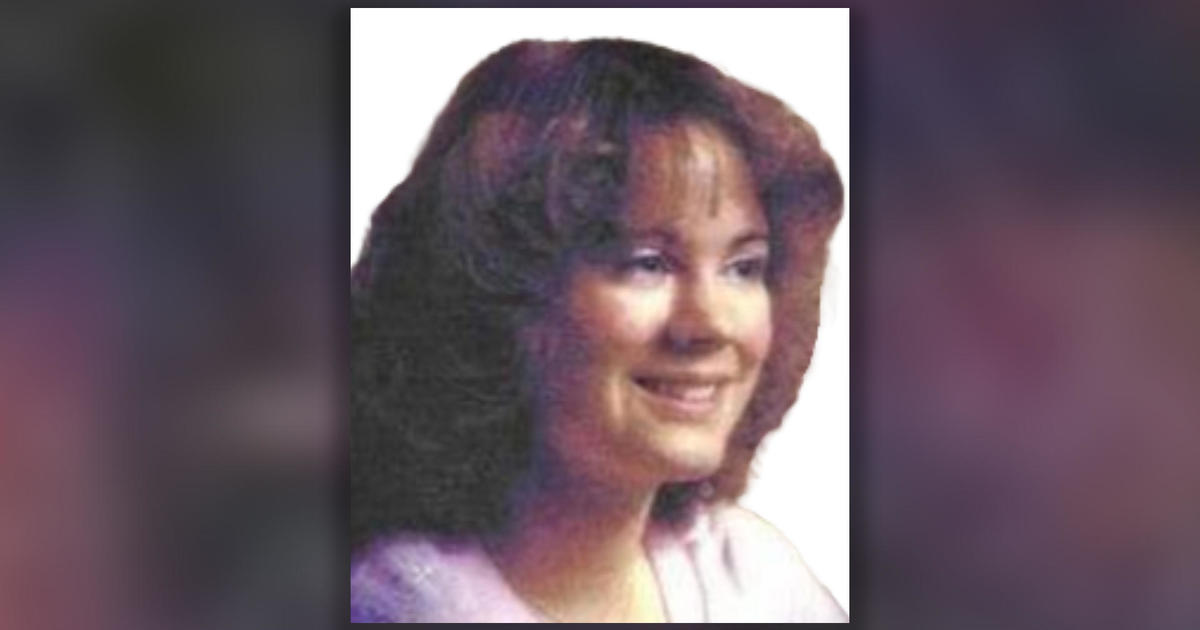Doctors Use New Tool For Faster Skin Cancer Diagnosis
MINNEAPOLIS (WCCO) -- May is Skin Cancer Awareness Month. According to the Skin Cancer Foundation, one in five Americans will develop skin cancer in the course of a lifetime.
It is the most common form of cancer in the United States, but there is good news. Skin cancer is chiefly a lifestyle disease, and it is highly preventable. Now, doctors are using a new tool to diagnose it faster and sooner, and it fits right in their pocket.
We all know we should stay out of the sun and wear sunscreen every day, but truth is, sometimes we don't. Getting your skin checked regularly by a doctor is important, especially if you have a family history of skin cancer, or have spent a lot of time in tanning beds or the sun. However, tracking moles and diagnosing melanoma can be tricky.
The dermatoscope is a new tool doctors like Dr. Barbara Benjamin from Fairview Clinics are using, and it's changing the way and speed in which skin cancer is diagnosed. The dermatoscope is a magnifier with a polarizing light to help see shape, size and color of moles better.
"What I like to tell patients is that it takes it from HDTV to 3D. We can see a lot more of the structure of the mole and look deeper than we could otherwise look with the naked eye or a magnifying glass," said Benjamin. "It's a simple tool, but it tells us so much more than what we could see with the naked eye or the old fall back, which is a magnifying glass."
This small tool goes for a hefty price of up to $2,000, but it helps to better see trouble spots. For instance, new, growing, changing or itching spots.
"I get out my dermatoscope, and now I'm seeing a lot more structure," said Benjamin.
The dermatoscope helps physicians like Benjamin diagnose skin cancer faster or avoid surgery altogether.
"The key to melanoma is catching it early before it gets too deep," said Benjamin. "Tanned skin is damaged skin. There's no way to get a safe tan, whether it's outdoors or in a tanning bed."
Mayo Clinic has a new public service announcement airing this month that offers the following tips:
-- Use sunscreen
-- Skip tanning beds
-- Seek Shade
-- Get spots checked
Benjamin says you can help your doctor by being skin aware. Look at your skin and watch for changes. Be sure to remember your back and the backs of your legs. Avoid tanning of any kind. Instead, get your vitamin D from foods like fortified dairy products or a supplement.



